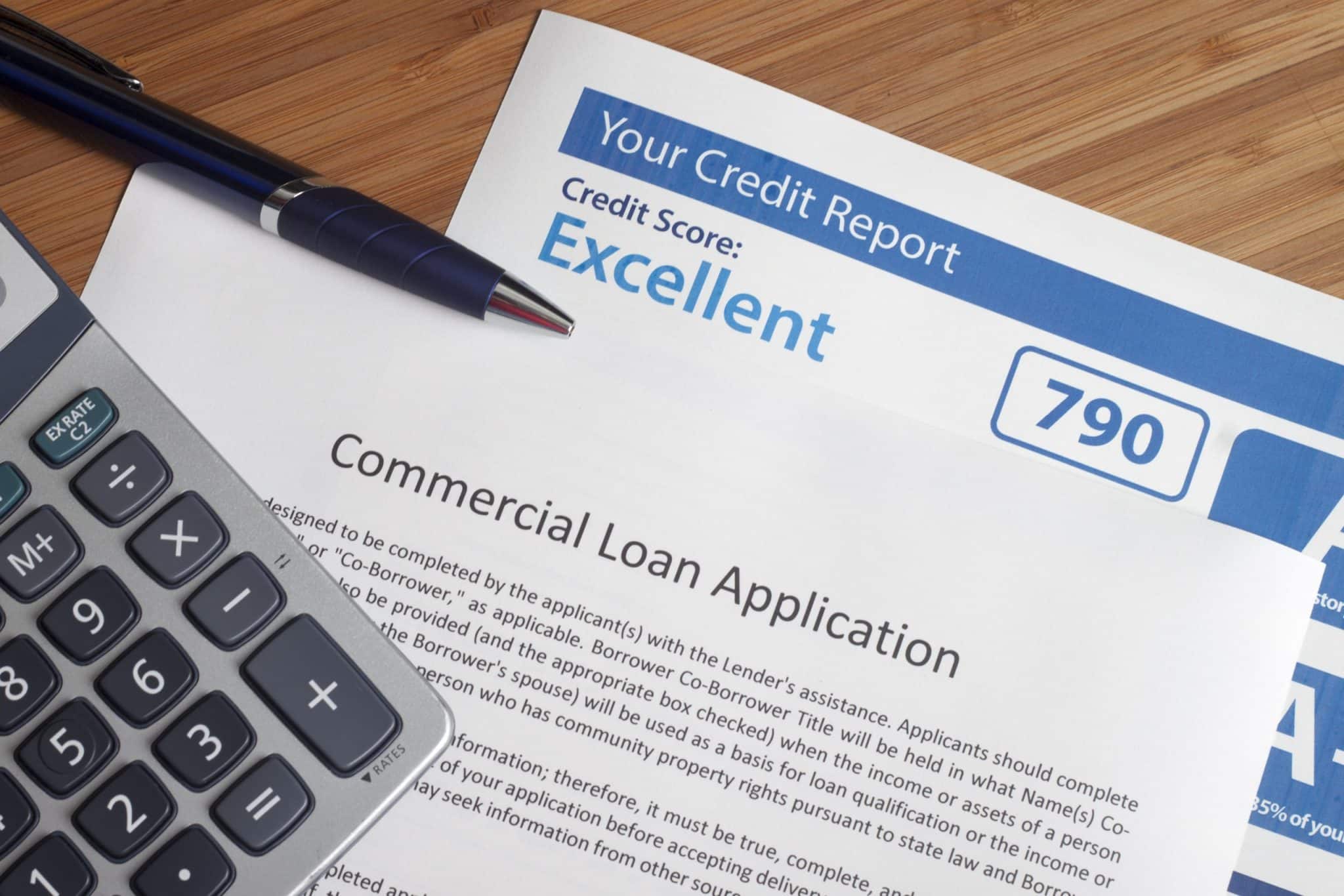Dental Practice Financing – Apply With Confidence

Purchasing a dental practice is one of the most important decisions you will make in your professional career and often unlocks the door to a considerable increase in compensation and personal freedom. Since most dentists rely on third party financing to purchase or make capital investments in their practices, it is imperative that you understand the perspective of dental lenders and how to position yourself for success when applying for practice financing.
Dental practices continue to thrive despite the recent economic downturn. Specialized dental lenders have the knowledge and experience to recognize that the dental industry is fairly insulated from adverse changes in the economy, thereby allowing this financing niche to remain largely unaffected by the financial crisis. Therefore, you can expect dental lenders to continue to aggressively pursue dental loans and offer competitive pricing. However, it is important to note that the credit crunch will influence these lenders to tighten their credit standards and evaluate borrowers more closely in these key areas: Personal Credit History, Personal Financial Condition, and Professional Experience.
Personal Credit History
When you apply for a loan it is often the first time you have been introduced to a dental lender. Due to the fact that the lender does not typically have a long-term personal relationship with you, the industry standard is to rely on your personal credit history as the primary character reference. While it is ideal to maintain a credit score above 700, most lenders will fund transactions for borrowers with a credit rating of 650 or higher. If your credit score is below 700, be prepared to answer questions pertaining to delinquent accounts, high credit card balances, or any other factors that may have driven your score below this mark. In order to ensure that you maximize your credit rating and present yourself in the most favorable light, I encourage you to employ the following steps in managing your credit:
- Check your credit regularly (every 6 months).
- Correct any mistakes or instances of credit card fraud. If any mistakes or signs of credit card fraud appear on your credit report, immediately contact the credit grantor to dispute the charge or correct the discrepancy. You should also contact the credit reporting agency to notify them of the mistake and submit supporting documentation so that the correction can be made to your credit report.
- Pay your obligations in a timely manner. A delinquency will appear on your credit report if a payment to a credit grantor posts over 30 days past the due date. Lenders look poorly upon current or past delinquencies because this shows an unwillingness or inability to repay your obligations as promised. If delinquencies do appear on your credit report, be prepared to provide the lender with an explanation of each delinquency.
- Limit your use of revolving debt. Revolving debt includes all debt relating to credit cards, charge cards, or home equity lines of credit. This type of debt can substantially reduce your credit score and is looked at unfavorably by lenders. Once revolving accounts have been paid off or retired, do not close these accounts, as availability (not use) of revolving credit will boost your credit rating.
- Avoid declaring bankruptcy at all costs. Most lenders will not consider anyone who has declared bankruptcy within the past 7-10 years as a financing candidate.
Personal Financial Condition
Unlike traditional banks, dental lenders understand that most dentists with only a few years of work experience will be carrying a substantial amount of student loan debt and have a negative net worth. What these lenders are paying closer attention to is if a potential financing candidate is “living within their means”. Lenders want to verify that your lifestyle matches your personal income level at the time you apply for practice financing, as the lender can only assume that your current approach to managing your personal finances will continue into the future. An interest only or adjustable rate mortgage and/or substantial levels of credit card debt are key indicators that a financing candidate is not maintaining a lifestyle consistent with his/her living personal income level. This situation will often give lenders an uneasy feeling about a prospective borrower’s spending habits. Therefore, you may want to consider postponing any major purchases – such as luxury items, expensive vacations, or discretionary expenses – until after you purchase your practice and generate sufficient income to fund these purchases with cash or keep up with the monthly payments using personal income rather than revolving debt.
It is also important to note that lenders will often evaluate recent graduates from a different perspective than when considering more seasoned dentists. While it is understandable that recent graduates will be carrying large student loan balances and a negative net worth, a lender will expect established dentists to be in a more favorable personal financial situation due to the ability to save money and reduce debt obligations during their career. Experienced dentists with weak financial statements should be prepared to provide an explanation for their current personal financial condition in order to mitigate any perceived risk from lenders.
Professional Experience
The majority of dental lenders will require that a potential financing candidate has one to two years of experience following dental school prior to pursuing practice ownership. The exact level of experience required to qualify for a loan can vary depending on the loan amount, size of the practice being acquired, type of practice being acquired, buyer’s production capabilities, buyer’s business acumen, and more. Lenders may require less experience if the financing candidate has been working in the practice that he/she is looking to acquire.
As a young doctor who is considering purchasing a practice within a few years following graduation from dental school , it is wise to search for an associate position that will allow you to produce a substantial amount of dentistry, quickly increase your hand speed, and expand the array of services that you are capable of performing. Obtaining your production/collection reports from your associate position can also be a useful tool in showing evidence to a lender that you are capable of producing at the level of the selling doctor and experienced at performing all of the dental services historically offered by the seller. While working as an associate it is also extremely valuable to pay close attention to the responsibilities involved with owning/operating a practice outside of performing dental services, which will allow you to better understand the business side of dentistry and prepare you for practice ownership. Lenders typically interview potential financing candidates to verify their production capabilities as well as get a feel for their business acumen. Possessing the xperience and knowledge to intelligently discuss and apply both the clinical and business aspects of practice ownership will impress your lender an increase your chances of securing loan approval.
If you take the time and effort to ensure that these three aspects of your personal and professional life are in order, you can rest easy in knowing that practice financing is readily available and you are in a great position to further your career by pursuing practice ownership.
